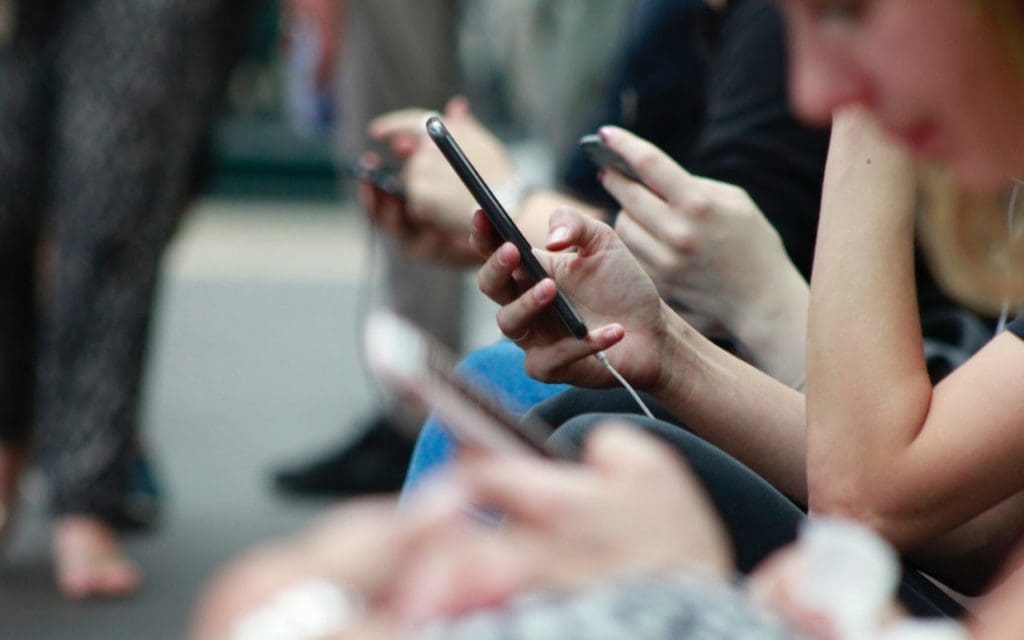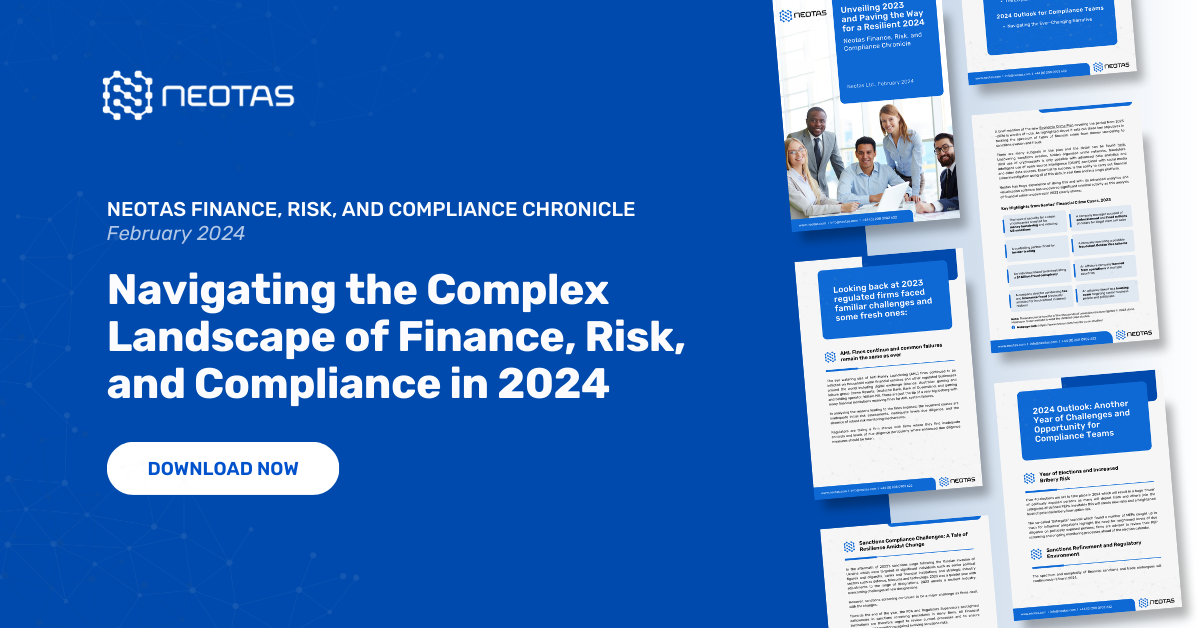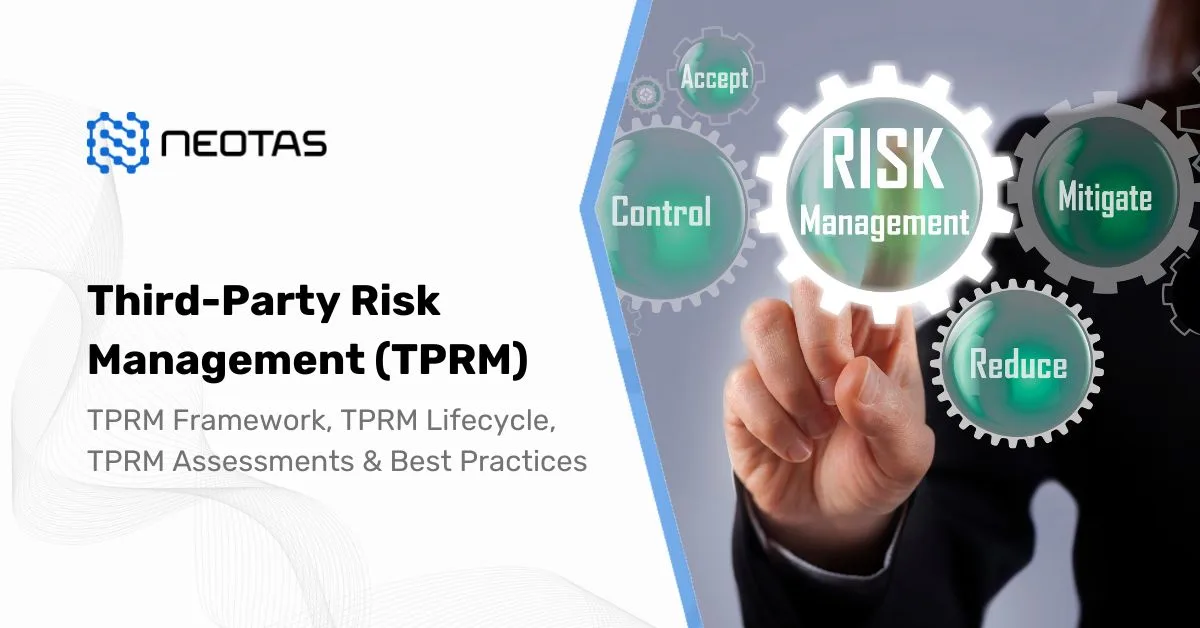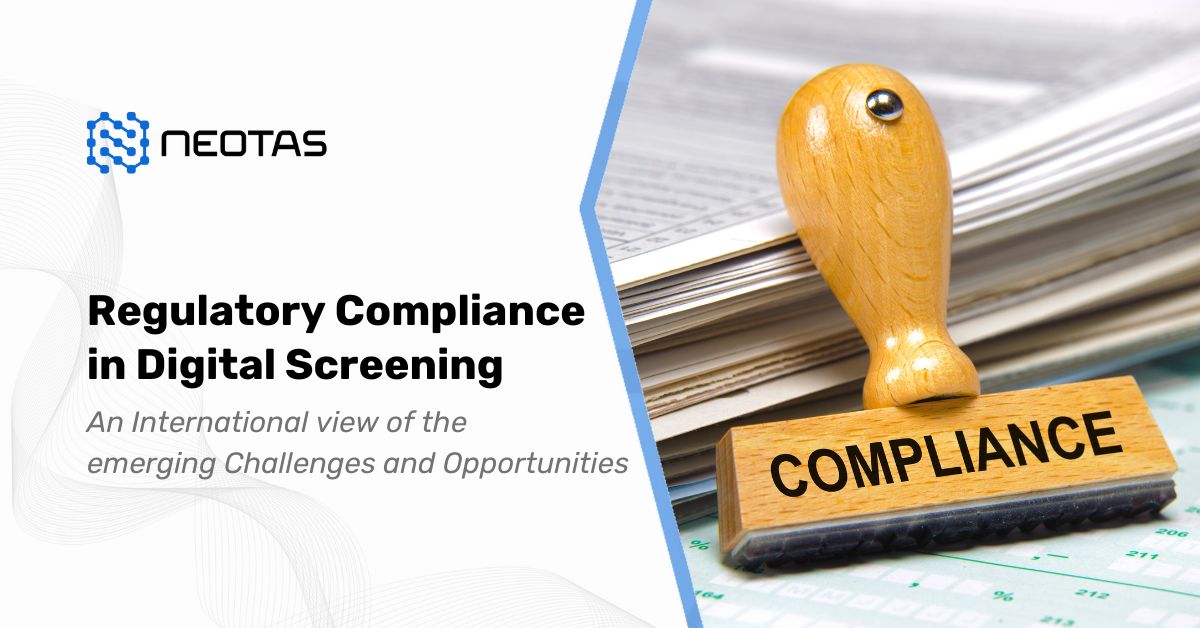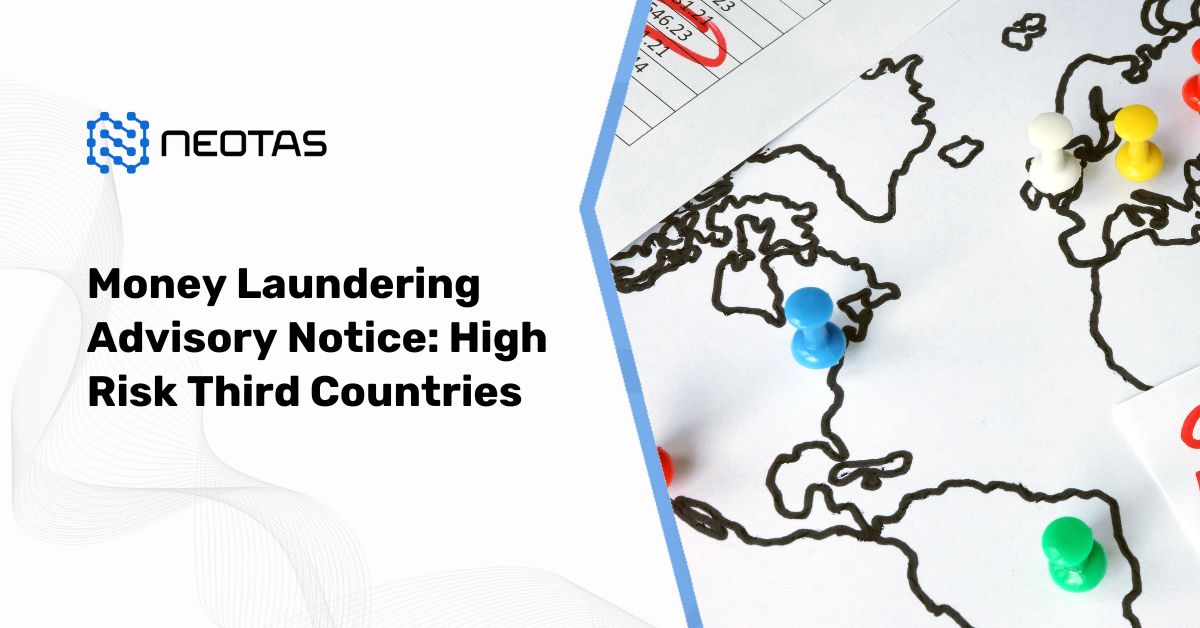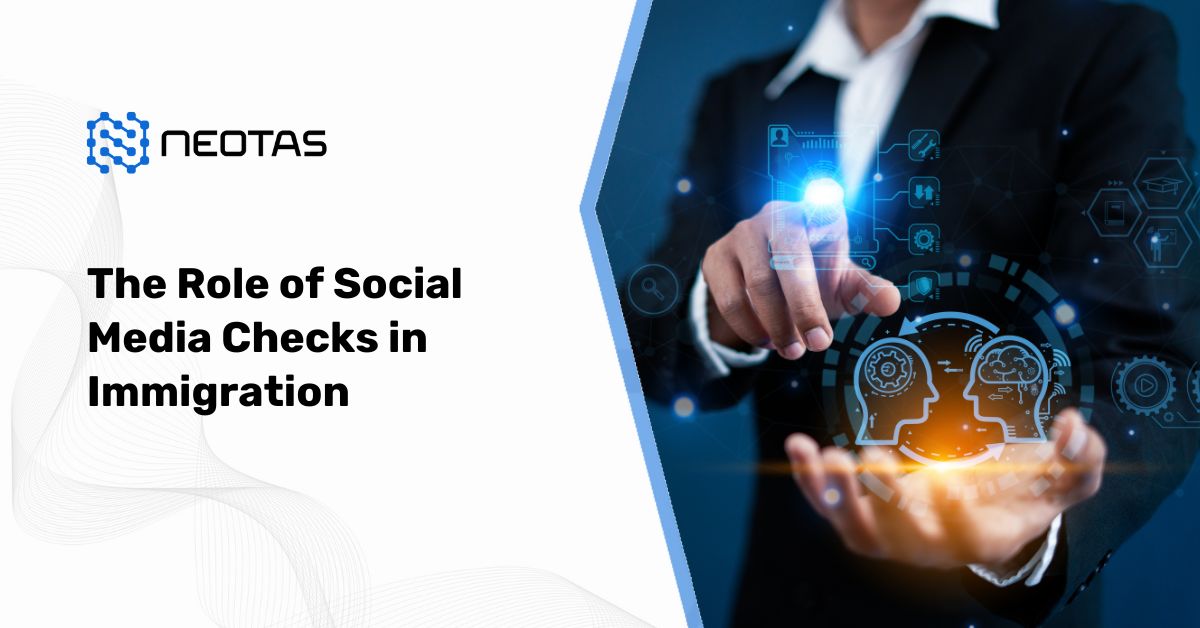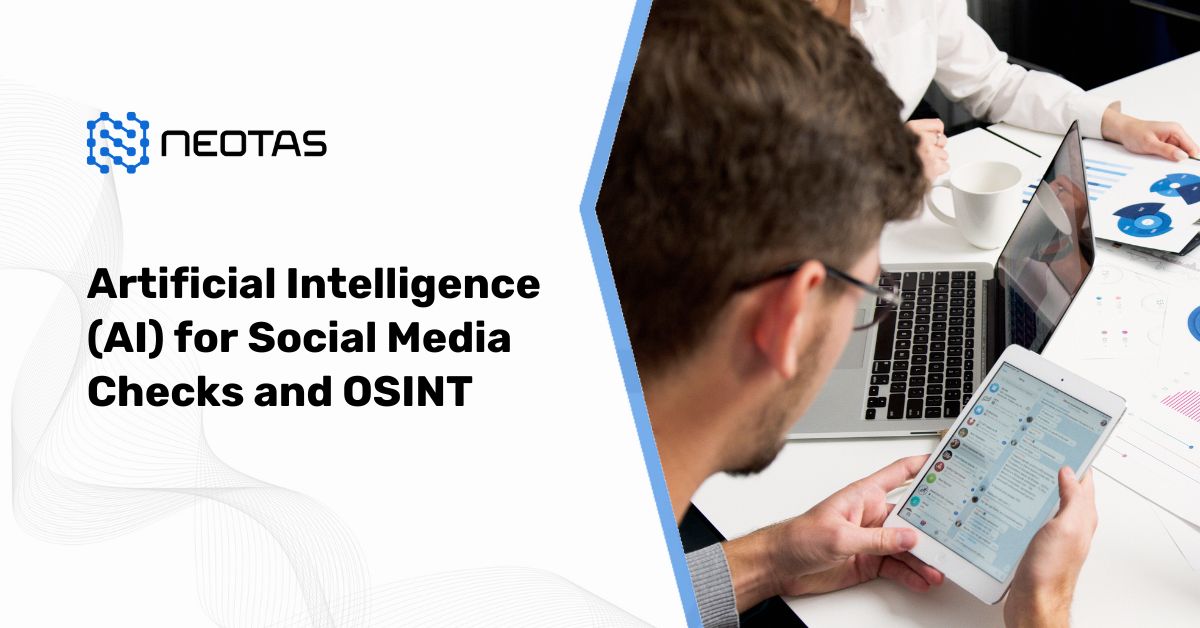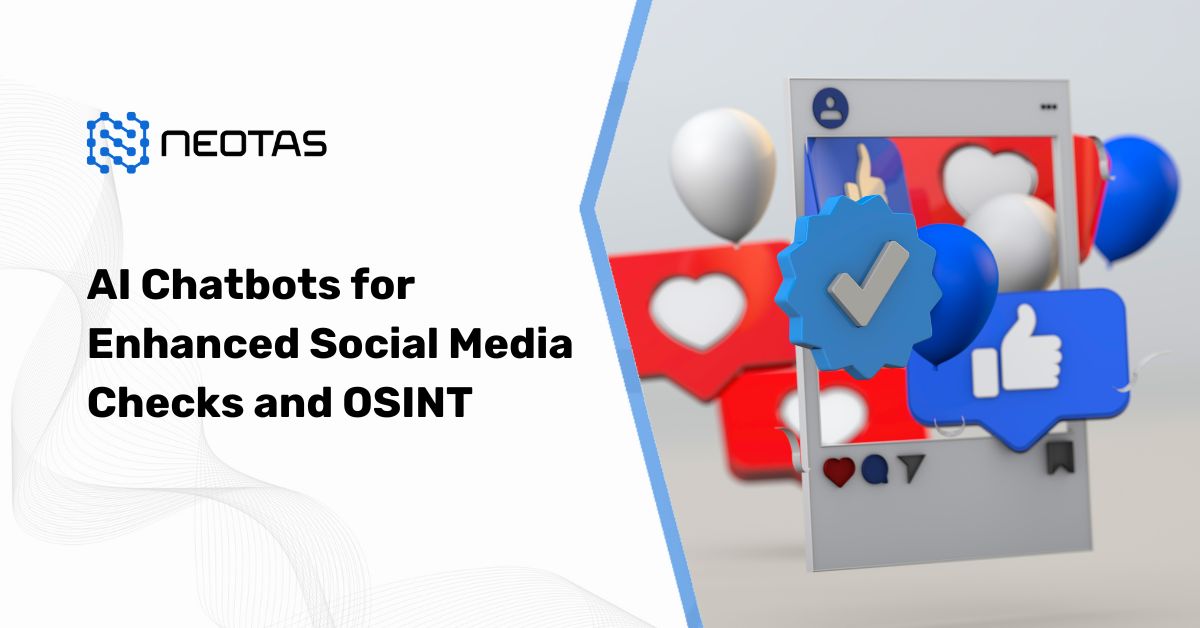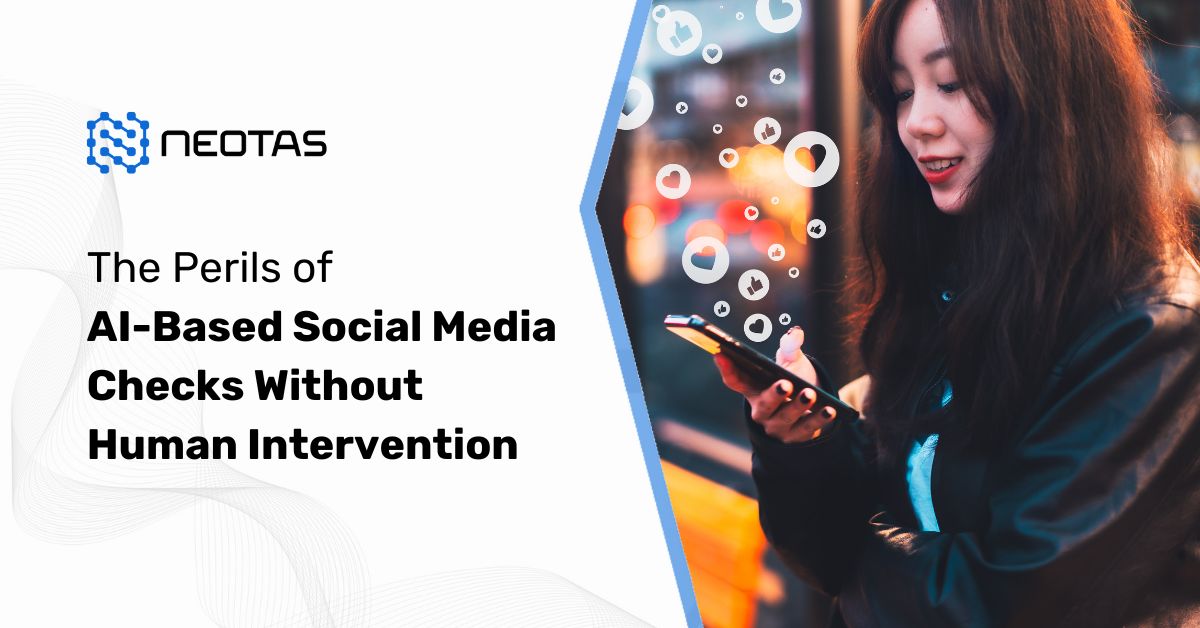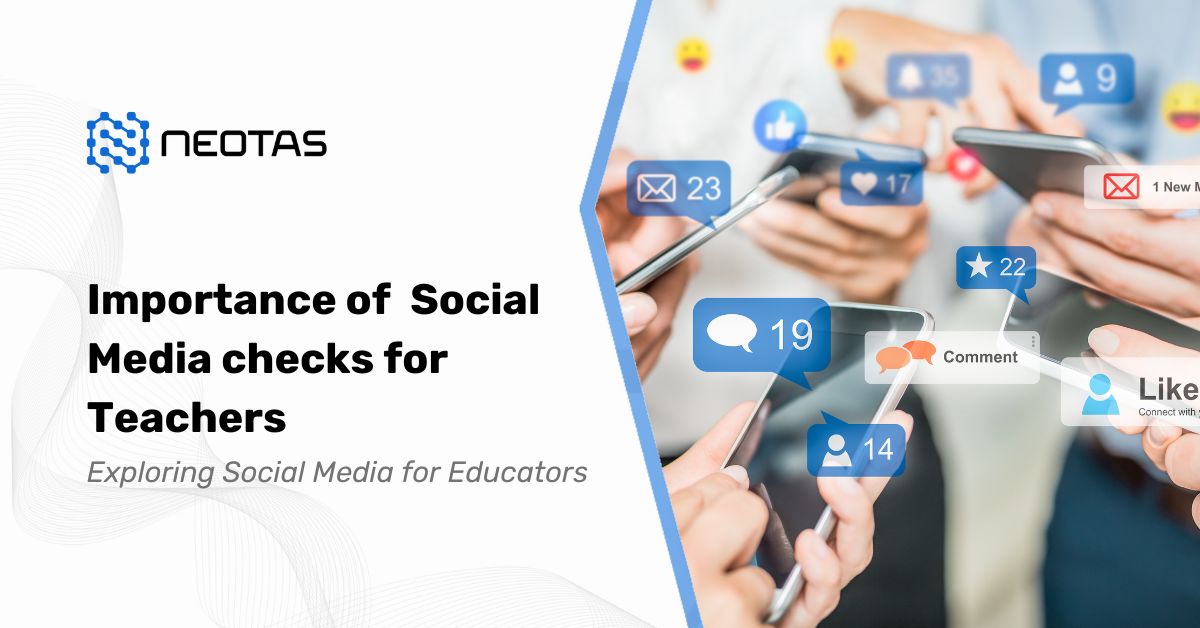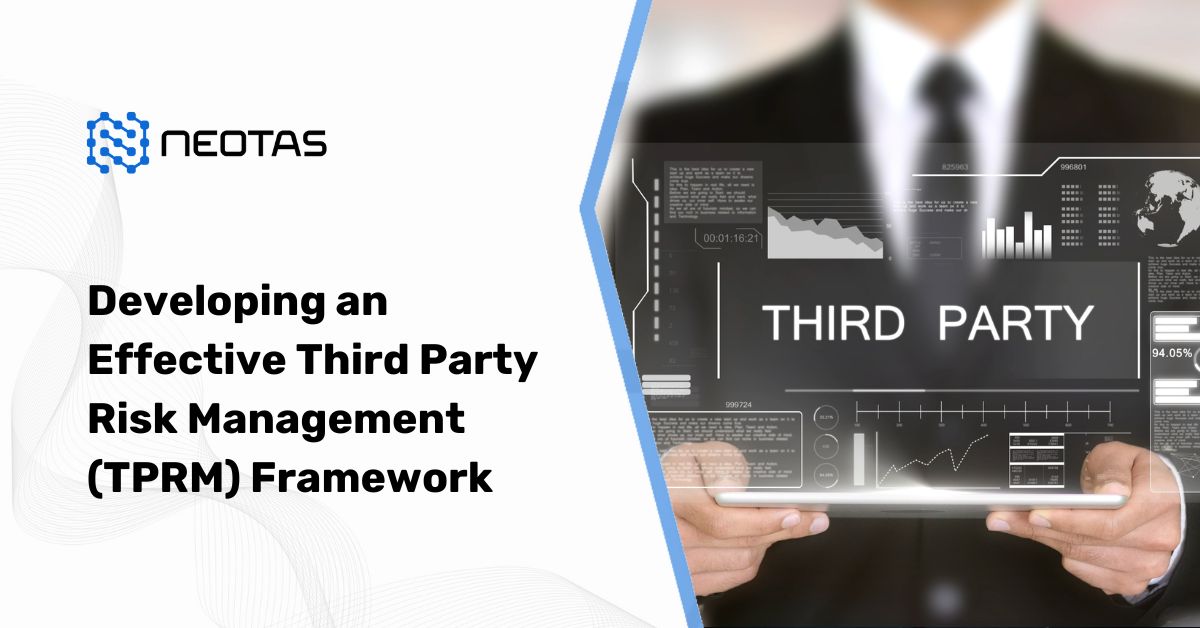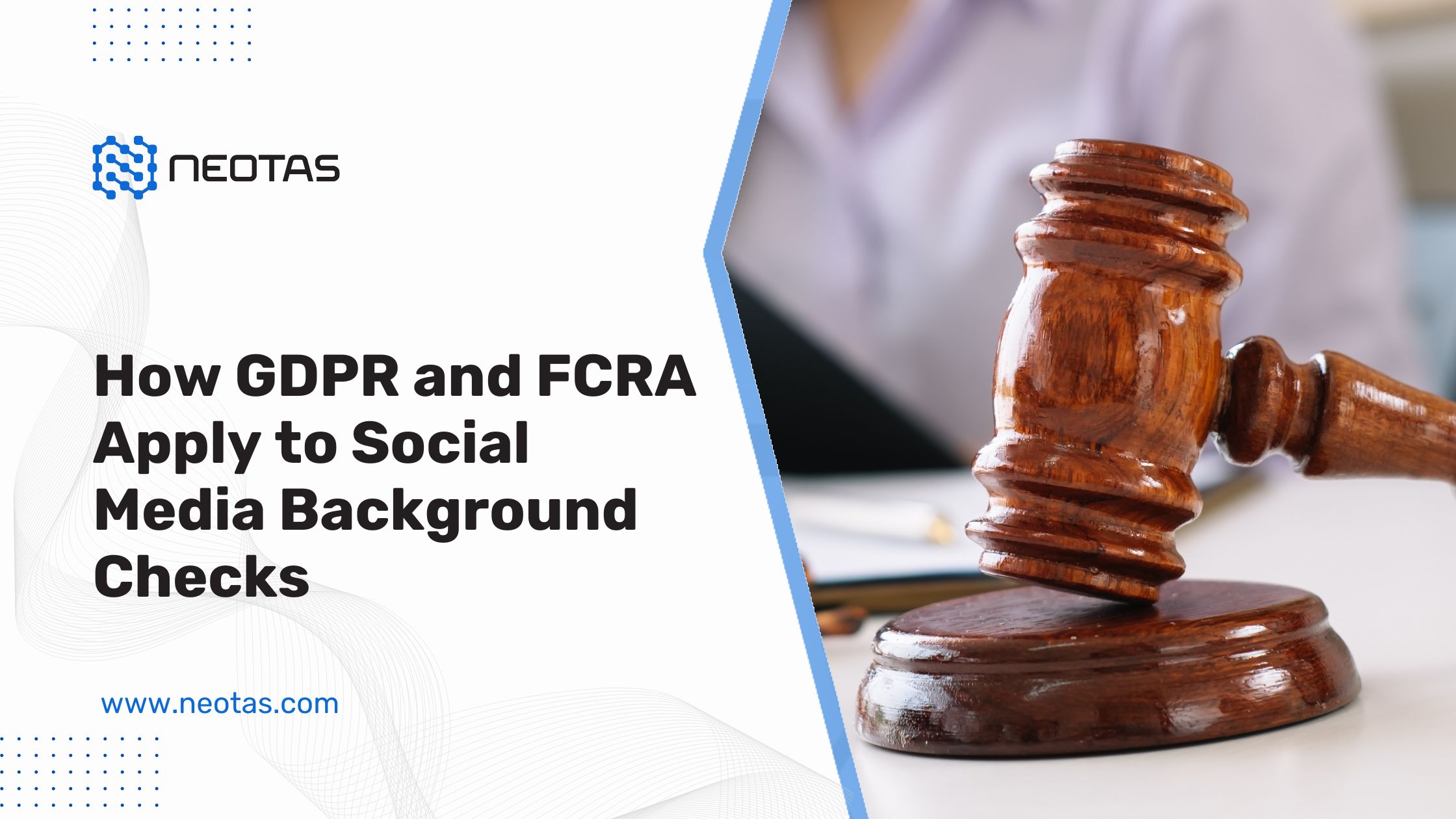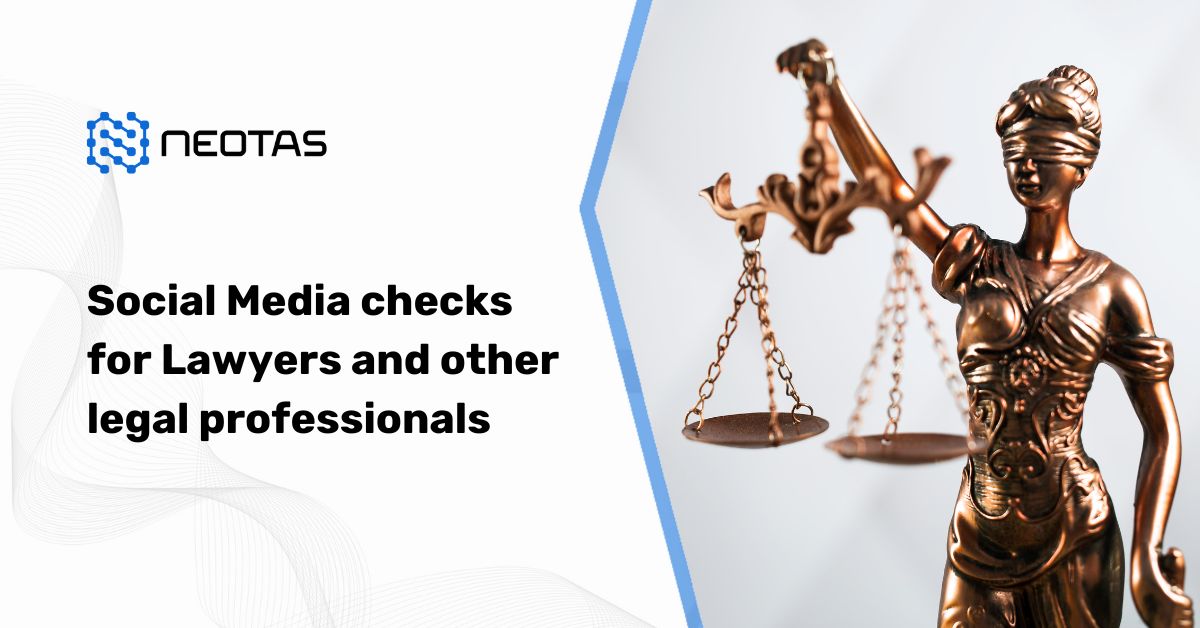Is it time to get your act together online?
Recent news has covered a string of incidents involving public figures in relation to their activity online. Yesterday, an actress was fired by a TV soap series due to historic and offensive tweets. What she had shared on a computer screen led to the producers taking her off screen. So in today’s world, how important is your digital reputation?
Not only is your online behaviour treated as a reflection of your real character, but it’s out there for all to see; not limited by location, audience or time zones. And it’s no different for celebrities and high-profile figures.
Emmerdale actress Shila Iqbal was fired by her employer given the nature of the tweets that were shared in 2013 when she was 19 years of age. This follows another case involving The Colour Purple actress being dropped from the musical over homophobic comments. The Australian rubgy player Israel Folauls is also to be sacked in relation to his homophobic and hateful social media outburst and refusal to accept the code of conduct for prominent sports figures such as himself.
Having since deleted her Twitter account, Ms. Iqbal issued sincere apologies, acknowledged that she was young but that “I, like everyone else, have a responsibility about the language I have used on social media as well as in conversation”.
“Your online digital reputation defines how people perceive you without ever having a single conversation with you” – Sylvie De Guisto, professional speaker
Celebrities and high-profile figures have to be mindful of their conduct and behaviour, as in this case and many similar, it can have far-reaching repercussions.
There are no exceptions in the online world: Social media influencers, footballers and prominent sports figures, politicians, CEO’s, and indeed all of us are all held accountable for our behaviour online and managing our reputational risk.
Companies are increasingly focused on their own digital reputations, encompassing the behaviour of their staff. We saw it last week after the BBC’s response to its employees sharing personal views online.
Individuals’ online behaviour will always be challenging to monitor, but there is an opportunity for organisations to instil a culture of trust whilst managing their reputational risk from the outset.
In the case of Ms. Iqbal, the tweets were only flagged to the employer after she was hired. What would have happened if the tweets had been flagged sooner?
For us all as individuals, this serves as a reminder we should be mindful of our online behaviour (that goes to keyboard warriors too!) For organisations, the time is ripe to start placing more emphasis on this when they hire staff and onboard clients. In this digital world, protecting your online reputation has never been so important.

